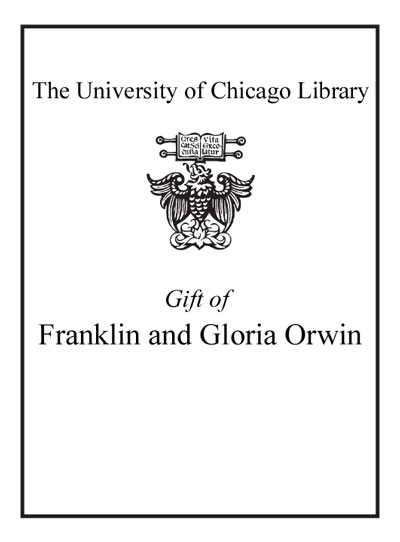Review by Choice Review
This is one of the few studies of Kurdish nationalist movements in Turkey embedded in the oppression they faced from the early 1970s onward from the Turkish state, armed forces, intelligence agencies, national police, and criminal groups. Watts (San Francisco State Univ.) emphasizes political activists and not the guerrilla organization known as the Kurdistan Workers Party (Partiya Kareren Kurdistan or PKK). The Kurdish nationalist activists had to struggle simultaneously with the PKK as well as with the government and its representatives. She argues Kurdish nationalists sought to engage government representatives in order to use them as resources to advance Kurdish nationalist objectives. At the same time they sought to construct a competing "governmentality" and a new collective Kurdish "subject" in the cities and towns of southeast Turkey. By March 2009, it seemed that the activists were gaining on the PKK guerrillas. But as the June 12, 2011, general election approached, it was unclear whether Kurdish activists in southeast Turkey would be able to dominate the PKK. Watts' book is embedded in a solid theoretical paradigm that sheds light on the four major Kurdish nationalist movements in Iraq, Syria, Iran, and Turkey since the US invasion of Iraq in 2003. Summing Up: Highly recommended. Upper-division undergraduate, graduate, and research collections. R. W. Olson University of Kentucky
Copyright American Library Association, used with permission.
Review by Choice Review

